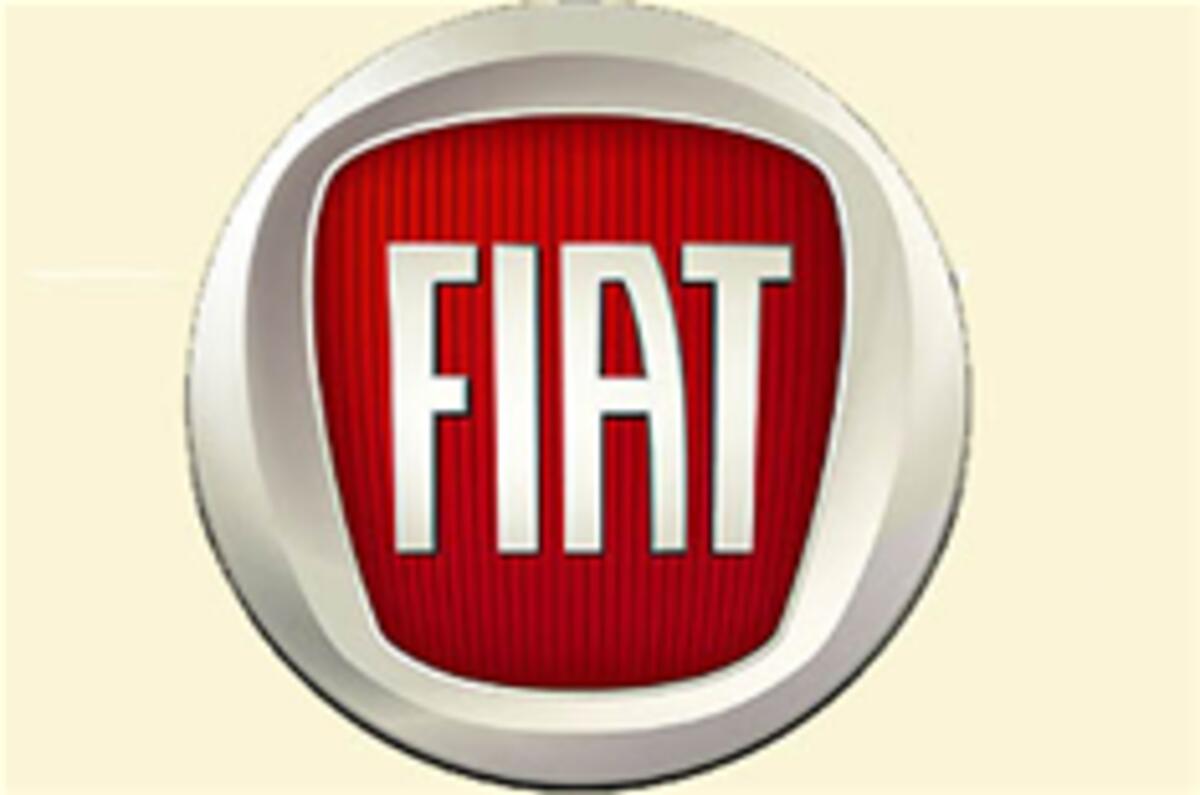Platform and production consolidation would be the biggest benefit of Opel ownership for Fiat.
Fiat boss Sergio Marchionne is well aware of his company’s inefficient model platforms and has predicted that there is only enough global demand to sustain six car makers.
Read the story of Fiat's shock bid for Opel here
Read the story of VW's surprise bid for Porsche here
Fiat has already been in a partnership with General Motors, which began in 2000 and finished five years later when GM paid $2bn (£1.1bn) to get itself out of an obligation to buy the Italian maker outright.
Fiat has recently been in detailed negotiations to buy Chrysler, which would have given it a proper foothold in the US car showrooms.
Marchionne even acknowledged it was ‘a possibility’ that the popular Fiat 500 would be on sale in the US by 2010. He has also made it clear that Fiat would walk away from any deal if Chrysler failed to gain significant cost concessions from its unions.
Each maker needs to produce more than 5.5 million cars a year to generate adequate returns, says Marchionne, with a least one million cars produced from each platform. Fiat has been making just over two million cars a year, which means that it must expand and consolidate to survive, preferably with a maker that brings it large car expertise.
A key element in the Opel deal would be whether the company could license the new Delta platform from GM as the basis of a Bravo replacement. The companies currently share only one platform - the Gamma that underpins the Vauxhall Corsa and the Fiat Grand Punto.
The Insignia concept was based on the Premium platform, but the production car is built on Epsilon II, which is unused by Fiat. Whatever happens, any economies of scale are at least a generation away.





Add your comment